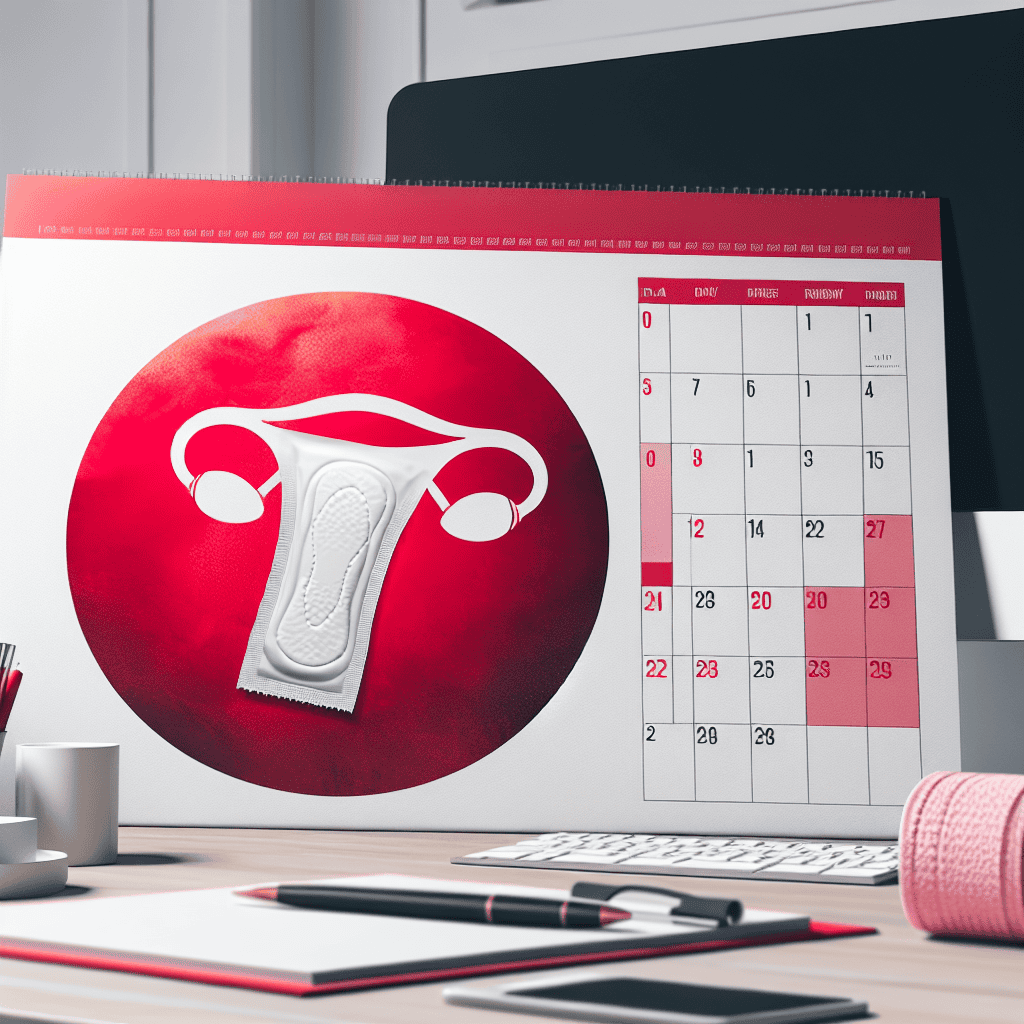During a recent public consultation held at the Tanoa International Hotel in Nadi, Felix Anthony, the General Secretary of the National Union of Workers, advocated for menstrual leave to be classified as a separate category from sick leave. This discussion was part of ongoing consultations related to proposed amendments to the Employment Relations Act 2007 and the Work Care Bill 2024.
Anthony expressed his dissatisfaction with a proposed amendment that would allow women to use three of their ten sick leave days for severe menstrual pain, arguing that “menstruation is not a sickness.” He emphasized the importance of establishing a unique leave category specifically for menstrual-related concerns, urging the Ministry of Employment to reconsider their approach.
The consultation also covered the issue of family care leave, recalling that employees previously had access to five days of such leave before it was significantly reduced to one day due to the COVID-19 pandemic. Currently, there is a proposal to restore three days of family care leave. Anthony welcomed this as a starting point, expressing hope that the original five days would be reinstated soon.
Mr. Anthony raised additional points regarding maternity protection, highlighting a gap in the current legal framework that should ensure women do not face disadvantages, such as loss of job or benefits, upon returning from maternity leave. Responding to these concerns, Acting Permanent Secretary for Employment, Productivity, and Industrial Relations, Atish Kumar, clarified that existing laws protect women’s rights related to maternity leave, assuring that they can return to their previous roles without loss of pay or status.
The engagement of various stakeholders during the public consultation suggests a growing advocacy for improved workers’ rights and workplace policies in Fiji. The proposed changes indicate a hopeful commitment to enhancing employee protections and promoting a more supportive work environment, particularly for women.
In summary, this ongoing dialogue around labor law amendments reflects a commitment from both the unions and the government to address workplace issues pertinent to employee welfare. The discussions signal a positive shift in recognizing and addressing women’s health needs within the workforce, paving the way for future reforms that prioritize both employee rights and family well-being.

Leave a comment